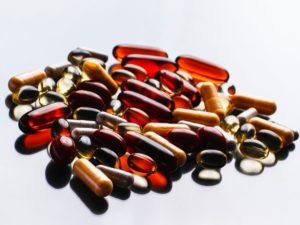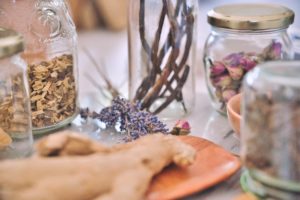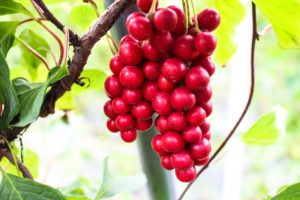The Potential Health Benefits of Stinging Nettle
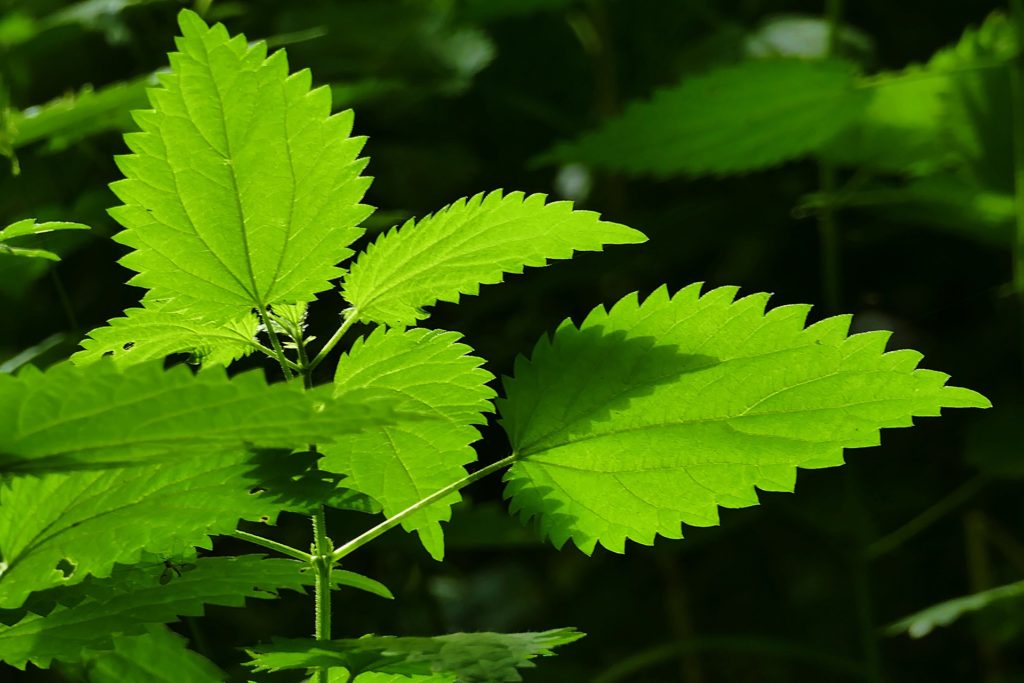
Stinging nettle (Urtica dioica) is often considered a nuisance weed due to its prolific growth and the skin irritation caused from touching the plant. However, nettle leaves are quite nutritious, having a long history of use as a cooked vegetable. In addition, stinging nettle has been used in folk medicine as a tonic herb, anti-inflammatory and for gastrointestinal concerns. More recently, research has been supporting many of nettle’s historical uses and finding some potentially new ones.
The latest research suggests that stinging nettle may have benefits for:
- Allergies
- Joint pain
- Benign prostatic hyperplasia
- Menopausal hot flashes
- Diabetes
Stinging Nettle and Allergies
Seasonal allergies can make life miserable. Unfortunately, not everyone gets sufficient relief from standard treatments. Allergic rhinitis, or hay fever, is a common condition where a person has a stuffy, runny nose and congestion often combined with watery, itchy eyes. It is often seasonal, occurring when pollen counts are high enough to provoke symptoms.
A clinical trial using freeze-dried nettle root found at least moderate levels of improvement over half the time in 64% of patients as compared to only 35% of patients on placebo treatment (Mittman 1990). Half the patients receiving nettle felt the herb was as effective as standard allergy medications. A more recent trial also found symptom relief with nettle. In addition, some markers of allergic inflammation were also reduced with supplementation. However, the reduction in symptoms was similar to placebo, necessitating further research to know the full extent of benefits (Bakhashaee 2017).
Stinging Nettle and Arthritis
Stinging nettle has anti-inflammatory properties that have been recognized and utilized since ancient times. While it can be taken orally, most studies for pain focused on using topical nettle stings or cream for treatment. A small exploratory study found improvements with nettle stings, with some patients even reporting resolution of joint pain (Randall 1999). A second, small non-controlled trial found an average of 24% reduction in pain with the application of a nettle cream (Rayburn 2009). A randomized controlled trial for topical nettle stings and thumb arthritis found that topical nettle reduced pain by almost one-third after a week of daily treatments (Randall 2000). A patient-blinded trial, however, found only modest pain reduction that was comparable to placebo for knee pain with topical stinging nettle (Randall 2008).
Stinging Nettle and Benign Prostatic Hyperplasia
Benign prostatic hyperplasia, often referred to as BPH, is a condition commonly associated with aging in men. In patients with the condition, the prostate gland swells, making it harder to urinate. Standard treatments include medications and surgery, although they often come with potential side effects, including impotence.
Herbal medicine has a number of options that appear to hold promise for treating symptoms of BPH, including stinging nettle. While several combination trials of nettle and sabal palm extract showed efficacy (Lopatkin 2007, Sokeland 2000), studies on nettle alone have also found benefits. The largest clinical trial included 620 patients. In the study, 81% of patients found benefits with nettle supplementation as compared to only 16% of patients on placebo (Safarinejad 2005). Treated patients were even found to have a modest reduction in the size of the prostate gland.
Stinging Nettle and Menopausal Hot Flashes
Hot flashes are a common symptom before, during and after menopause. In some cases, hot flashes can be severe, significantly decreasing quality of life. A trial comparing nettle, acupuncture and the combination for hot flashes found that stinging nettle alone reduced perceived symptoms of hot flashes by 86% over the course of three months (Kargozar 2019).
Stinging Nettle and Diabetes
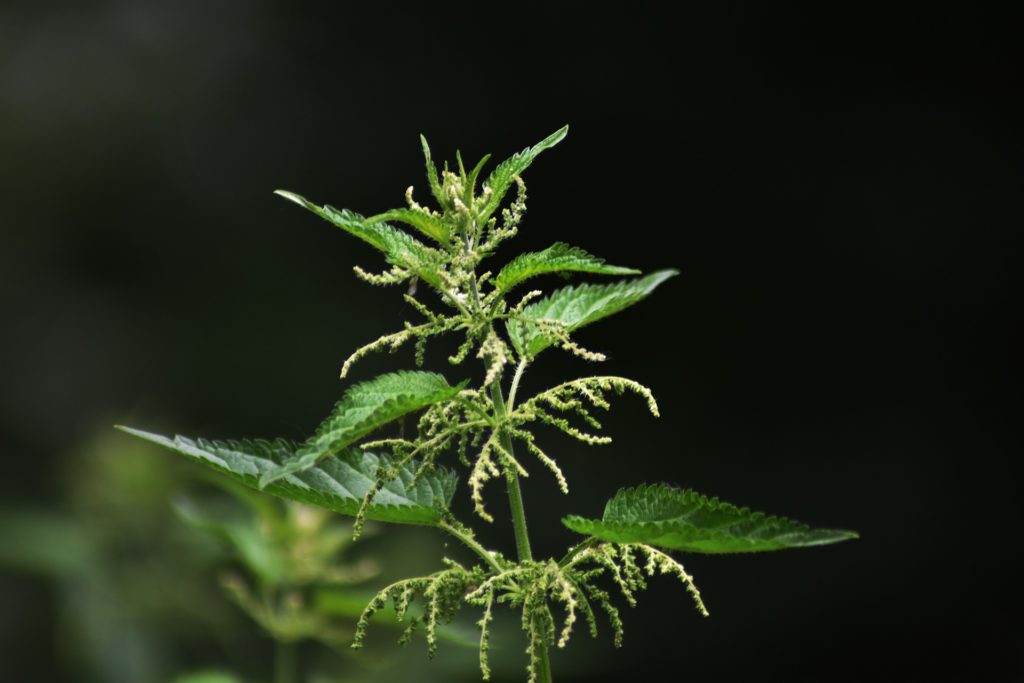
Diabetes is a common and challenging medical condition, with patients often struggling to control their blood sugar over the course of their lifetime. The condition is also associated with numerous negative outcomes, from blindness, heart disease and kidney damage to peripheral neuropathy (nerve pain in the hands or feet). Standard treatments may slow the progression of the condition but don’t fully address the underlying causes. Additional treatments to effectively control the pathology would be helpful.
A couple of clinical trials have explored nettle extracts on different aspects of type 2 diabetes. One study found significant reductions in inflammatory markers, while another found improvements in blood sugar (Namazi 2011, Kianbakht 2013). A further study found improvements in antioxidant defenses with stinging nettle in diabetic patients (Namazi 2012).
Conclusion
Stinging nettle is an herb with a long history of traditional use. Some of the latest research is suggesting that the herb may have benefits for a number of different conditions, including allergies, joint pain, BPH, hot flashes and diabetes. As an herb, stinging nettle has also been used as a food source, helping establish its safe use.

